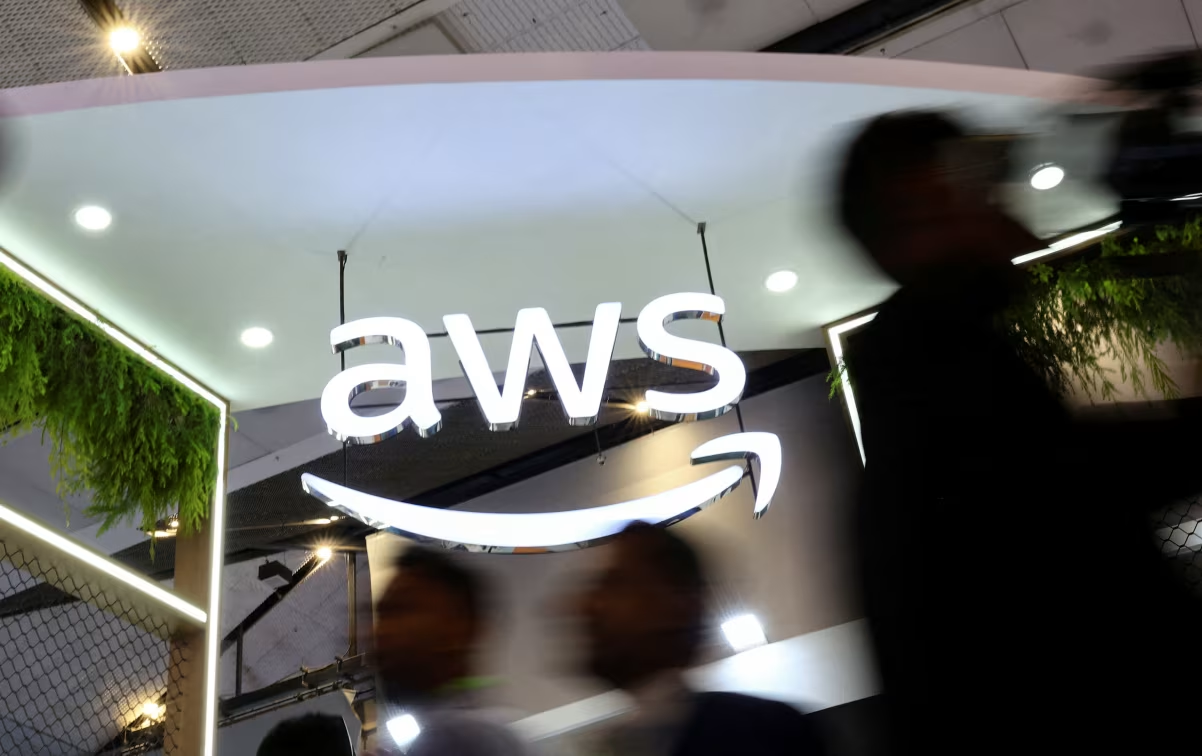When Amazon Web Services (AWS) went dark for just one day, it didn’t simply inconvenience a few online shoppers — it exposed how deeply the U.S. economy and daily life depend on a single technology provider. From mobile coffee orders to medical appointments, the ripple effects were swift, wide-reaching, and costly.
Across the country, millions of Americans found themselves unable to complete simple digital tasks that have become routine. Starbucks customers couldn’t place mobile orders. Alexa devices went silent. Chime users were unable to access their bank accounts. Even home security systems like Ring and Blink went offline, leaving users without access to live camera feeds.
But the outage wasn’t just about tech frustration — it was a national wake-up call. Hospitals, schools, restaurants, and financial platforms all reported significant disruptions, underscoring how much modern infrastructure relies on cloud computing.
The Cloud Backbone of the Internet
AWS is the dominant player in the global cloud computing industry, providing backend tools — storage, virtual servers, and computing power — to millions of companies. These services allow businesses to operate efficiently without investing in their own expensive hardware.
According to Gartner, AWS commands about 37% of the world’s cloud market, with Microsoft Azure and Google Cloud trailing behind. Together, these three giants power roughly 60% of global cloud services — a concentration of control that experts say makes the internet fragile.
“It creates a very large single point of failure that then impacts operations at warehouses, deliveries, people being able to sell their goods and services to websites,” said Jacob Bourne, an analyst at eMarketer. Early estimates suggest the total cost of the outage could reach billions of dollars.
Real People, Real Disruptions
In New Albany, Indiana, Debi Dougherty and her husband experienced that fragility firsthand. Their day began with Ring alerts they couldn’t check, followed by a frustrating morning at a doctor’s office where AWS-dependent scheduling software turned a quick appointment into a 40-minute ordeal.
At a nearby Kohl’s, credit card readers malfunctioned, creating long lines. Later, at Cattleman’s Roadhouse, the restaurant’s card system went down entirely. “The manager offered to pay for our meal because we didn’t have enough cash,” Dougherty recalled. “It was frightening — to see just how dependent everything has become on technology.”
Cameron Sharp, the restaurant’s general manager, said the incident could have been disastrous on a weekend. “If this had happened on a Friday or Saturday night, we’d be in real trouble,” he said.
Business Chaos from Houston to Indiana
In the Houston area, restaurant owner Dia Giordano faced a similar nightmare. Her Italian restaurant’s online ordering system — powered by Toast and AWS — collapsed. “One-third of my business was gone for the day,” she said. “People kept calling to ask if we were open, but our website was just… gone.”
Giordano’s problems didn’t end there. Her eight mental health clinics couldn’t verify insurance because their online clearinghouse was inaccessible. And her rental property payments through Venmo? Also frozen.
“We’re just taking it moment by moment,” she said. “It’s frightening to realize how much of our livelihood depends on one company’s servers running smoothly.”
A Fragile Digital Ecosystem
The AWS disruption didn’t just impact small businesses — it highlighted the inherent risk of centralization in modern tech infrastructure. When one provider dominates such a massive share of cloud computing, any technical issue, cyberattack, or misconfiguration can cause nationwide paralysis.
Roy Illsley, chief analyst at Omdia, said AWS’s massive market reach makes it both powerful and perilous. “When one company underpins so much of the internet, it’s no longer just a business issue — it’s a national concern,” he said.
Lessons From the Outage
For consumers, the AWS failure was an inconvenience. For businesses, it was a costly disruption. For policymakers and technology leaders, it was a stark reminder that resilience must come before convenience.
As the digital economy expands and artificial intelligence, e-commerce, and remote work depend increasingly on cloud services, experts warn that diversification and redundancy should become priorities.
For Dougherty, the lesson was personal: “Maybe putting all our eggs in one basket isn’t the smartest thing to do,” she said.
Because in a hyper-connected America, it only takes one cloud to darken the entire sky.

